Meta Orion is the future for smart glasses, but these AR glasses are the here and now
When it comes to AR glasses, don't underestimate the little guys
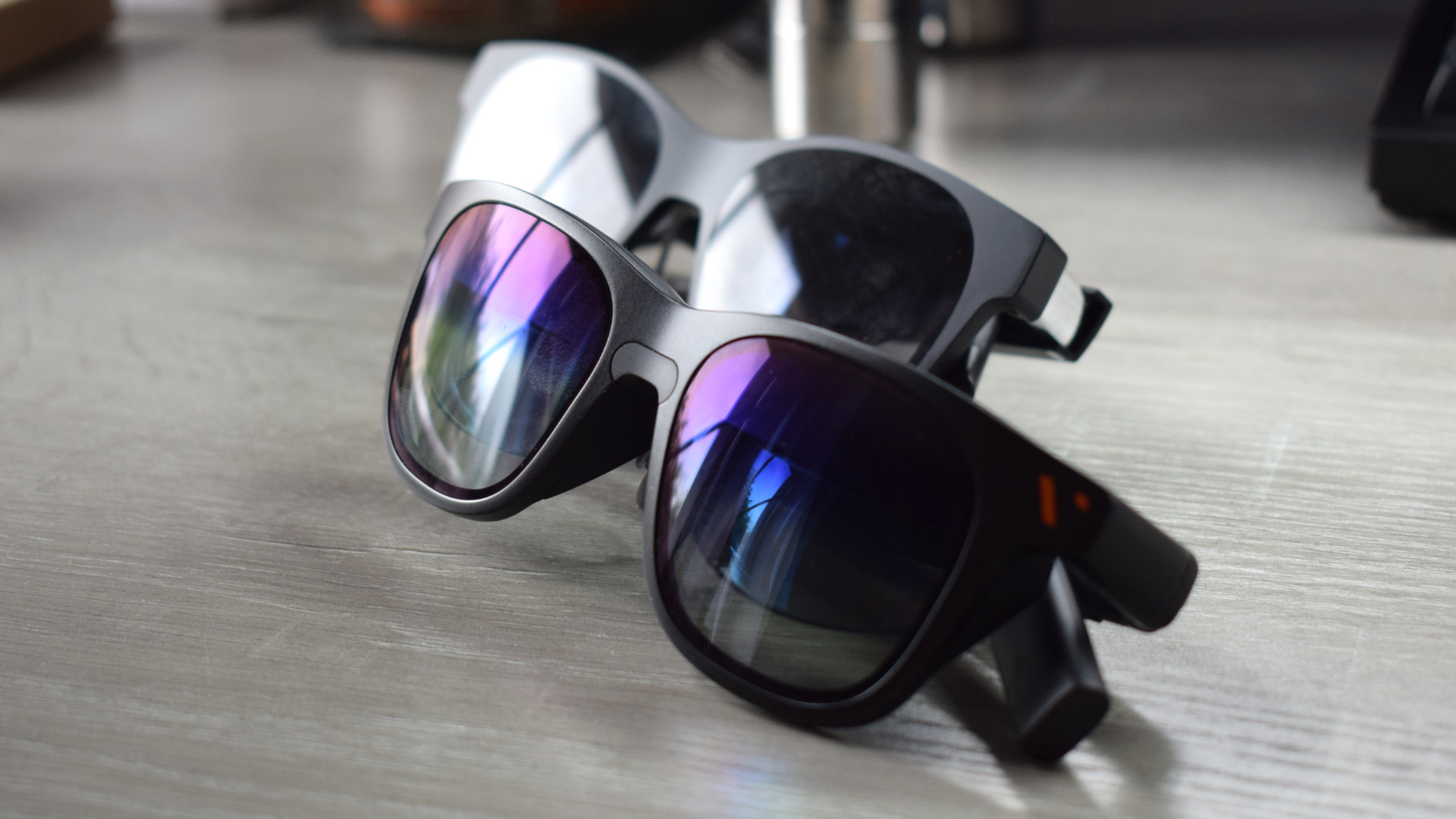
Sign up to receive The Snapshot, a free special dispatch from Laptop Mag, in your inbox.
You are now subscribed
Your newsletter sign-up was successful
While Meta began its Connect 2024 event in style by announcing the new Meta Quest 3S mixed reality headset, by the close of the Mark Zuckerberg keynote, people had only one product on their mind: Meta Orion.
Meta Orion's bulky proportions be damned, the vertical slice of Meta's smart glasses of tomorrow was just too impressive to be denied. Touting breakthroughs in "virtually every field of modern computing," Orion was a heavy blow dealt to anyone doubting the impact smart glasses may have in the future and a sign of the many great things to come from this corner of the market.
But this market isn't Meta's to own entirely. While they're a big-name player in the space and have been investing heavily in how to bring smart glasses to the forefront of technology, there are more than a few other names you can expect to see play a big part in the years ahead when it comes to AR and smart glasses.
While companies like Meta and Snap offer landmark moments in the progression of AR glasses, smaller names (with just as vital an impact) like XREAL, VITURE, Rokid, TCL RayNeo, and more are on the frontlines as they logically connect the dots, bringing this future vision of smart glasses into the hands of consumers as a pace and progression other markets would find hard to believe.
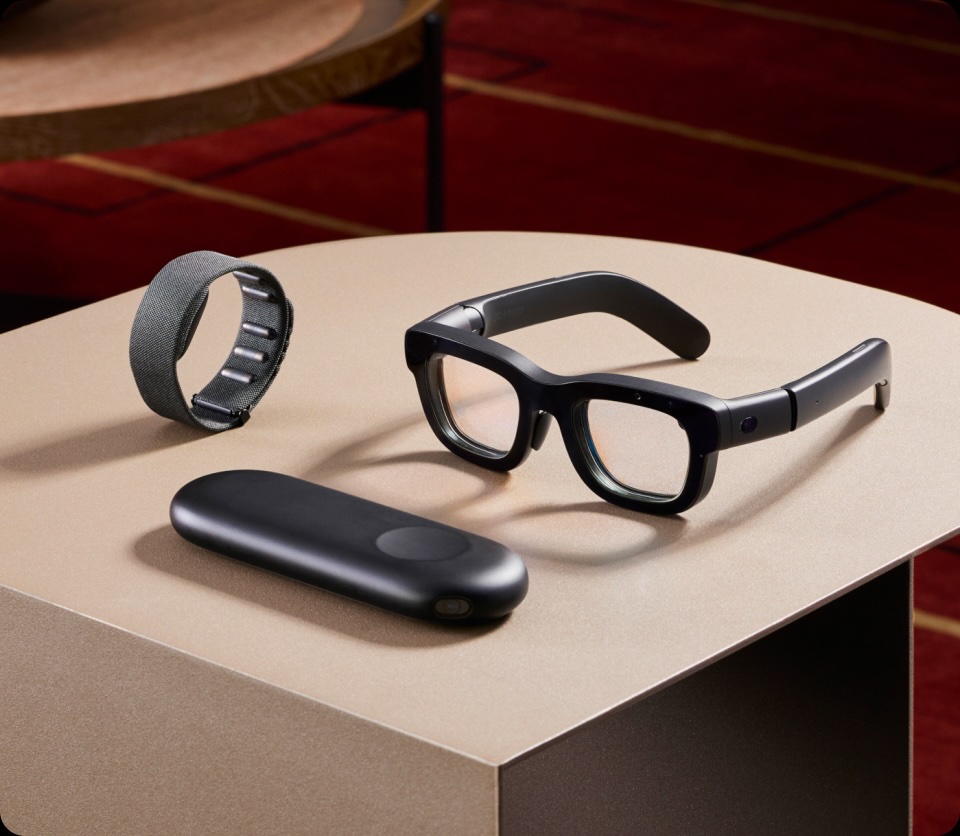
AR glasses: Forget the future, what's happening right now?
I've been a massive proponent of smart glasses for several years now, but it's only recently that I've had access to several products that have made me a true believer in the space. However, unlike Meta Orion, these devices exist in the here and now.
I can't say that we're at the point where the tech displayed by Orion is ready to sit in the palm of your hand as a consumer. Even if it was, one insider tells Laptop Mag that Meta's prototype headset may have cost upwards of $10,000 to build, making it highly unlikely you'd be willing to splash the cash to get it anyway.
However, I can say that the current smart glasses market is a bubbling cauldron of innovation that will beat a path in the consumer space for years to come ahead of Orion's tipped end-of-decade release. If I were to highlight just a few of the brands to keep an eye on between now and then, I'd have two names at the top of my mind: XREAL and VITURE.
Sign up to receive The Snapshot, a free special dispatch from Laptop Mag, in your inbox.
XREAL
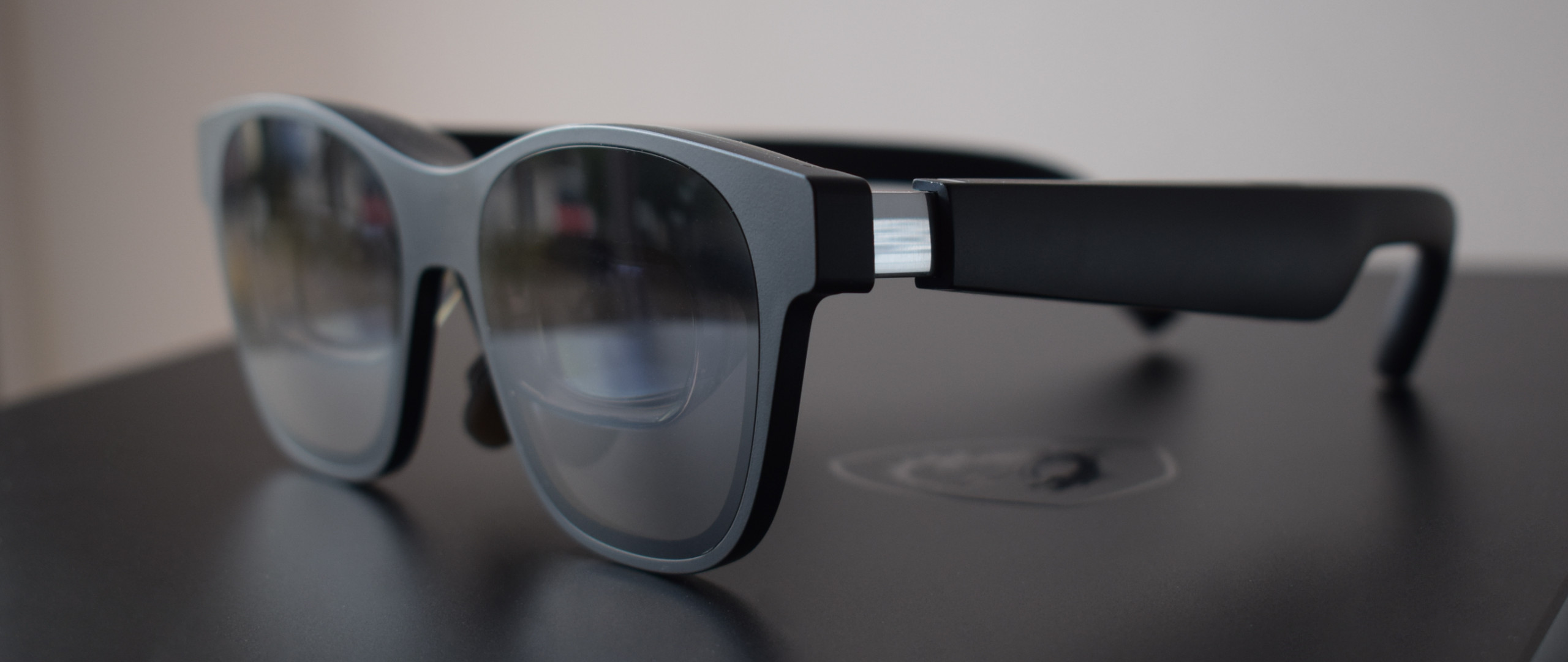
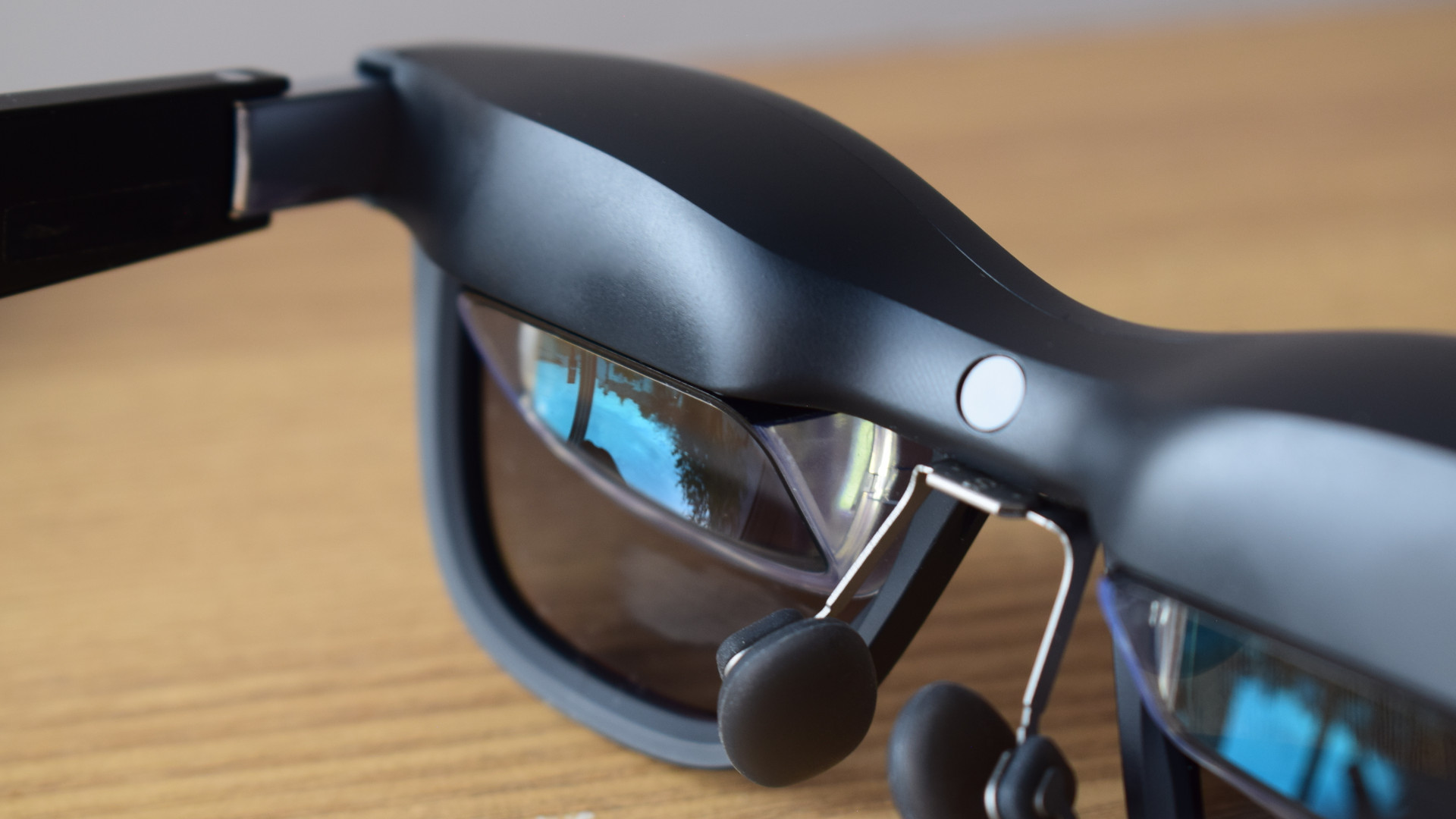
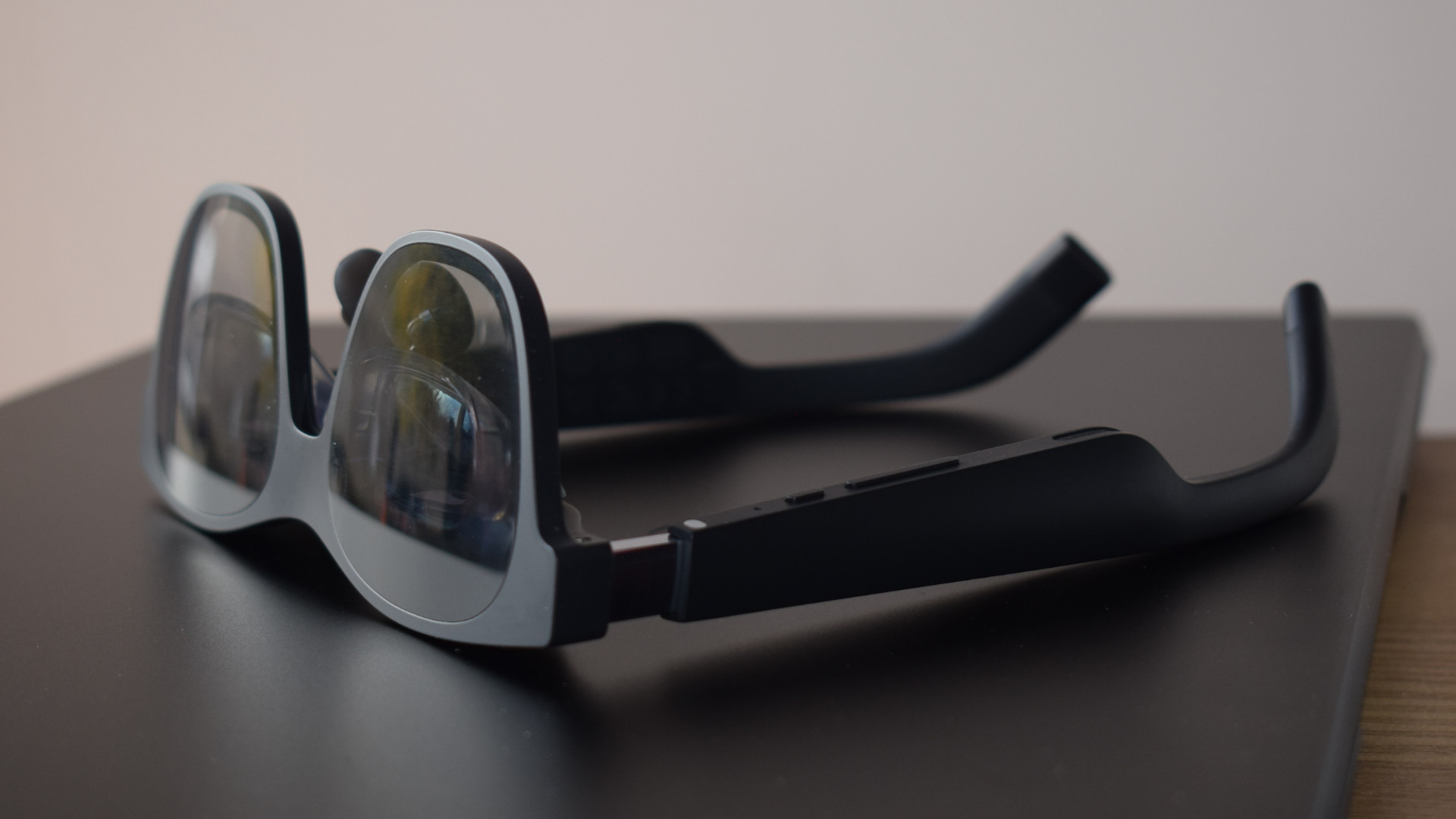
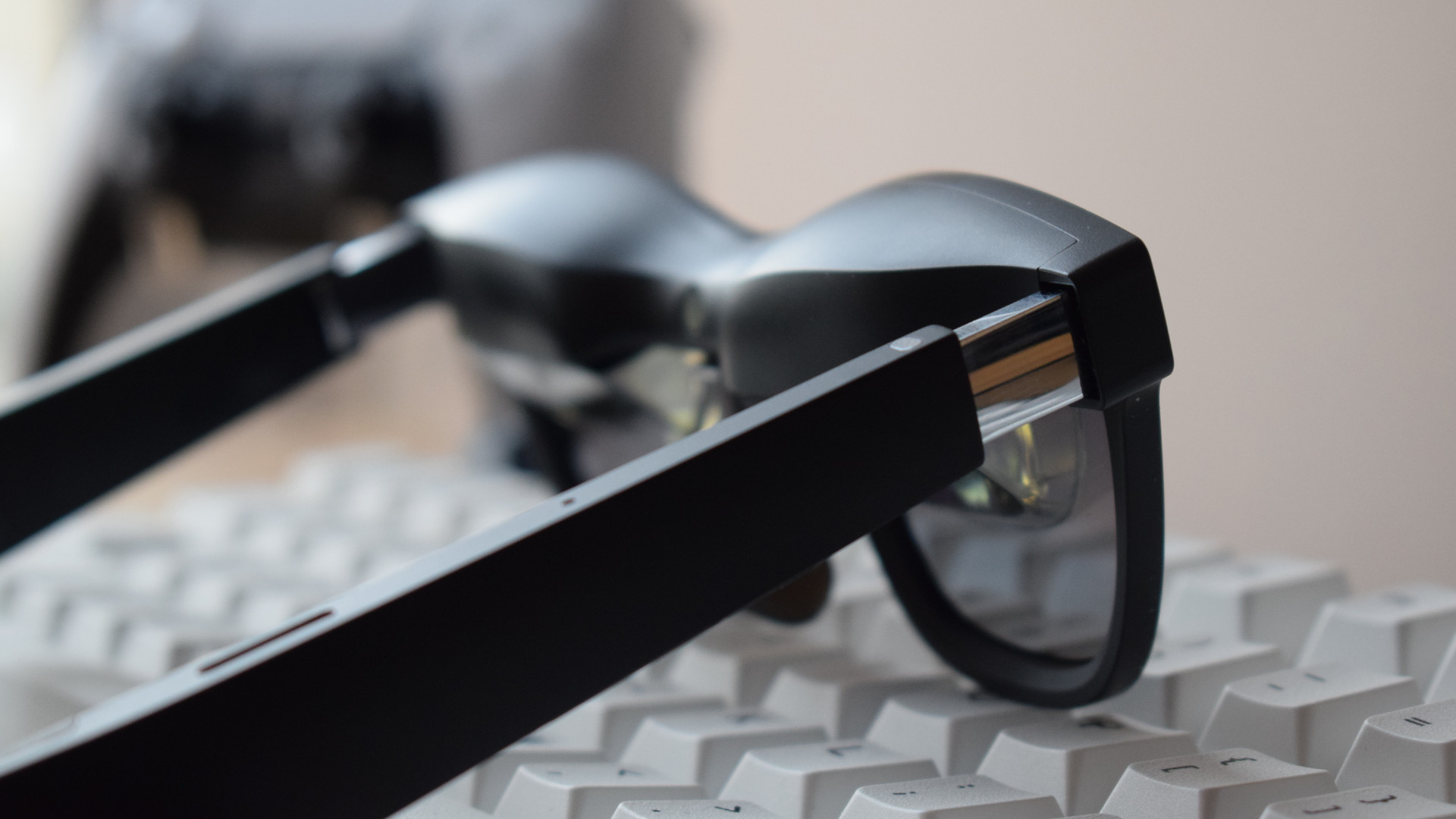
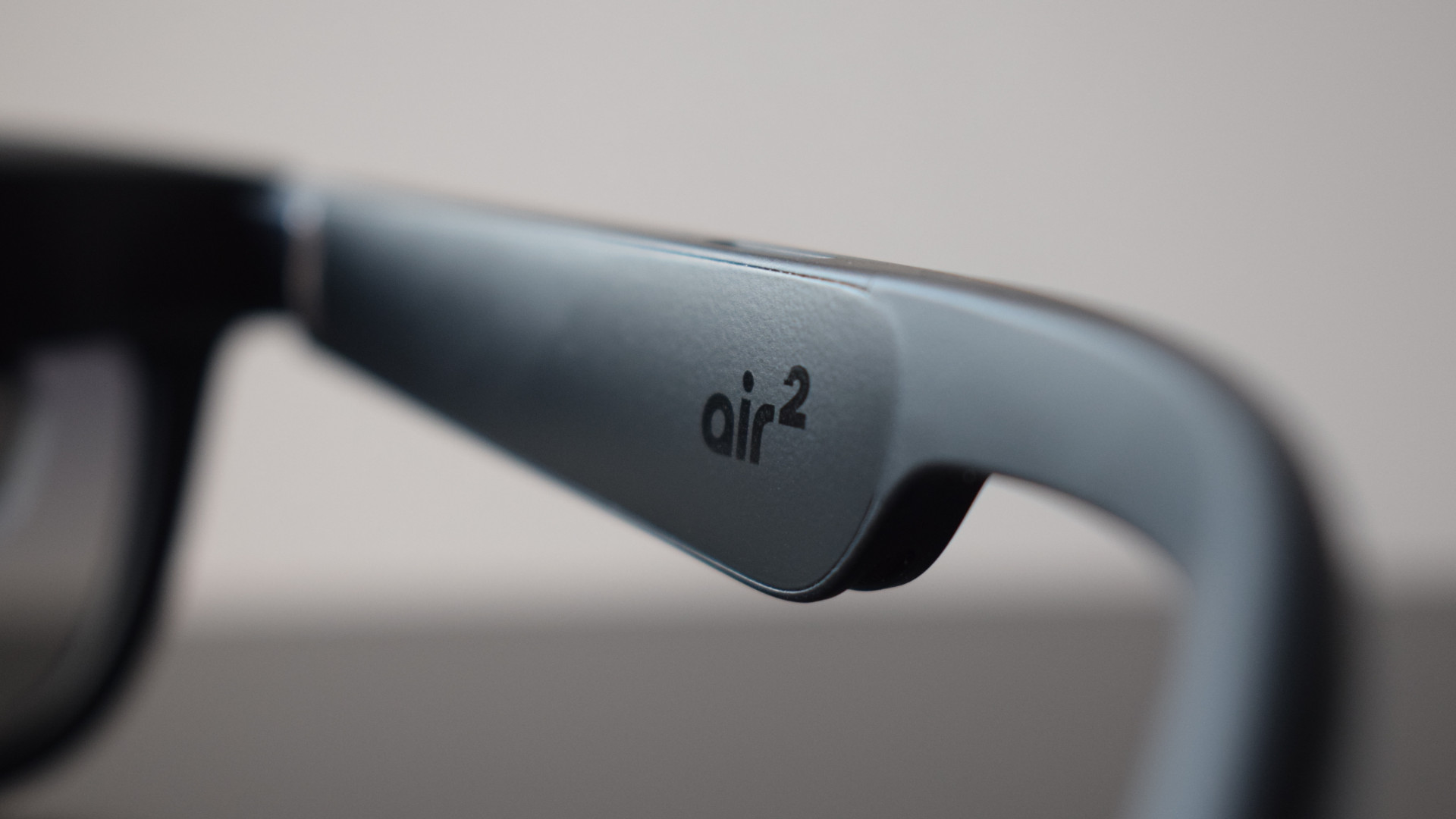
The XREAL (formerly NREAL) family of Air 2 AR glasses have been a popular choice among early AR glasses adopters thanks to their Wayfarer-esque looks, vibrant augmented reality displays, and affordability.
Unlike Meta's Orion, these AR glasses are tethered, meaning they connect to compatible devices via a USB-C cable. However, that also means that you won't have much to worry about when it comes to lag or delay, with the displays also able to register super smooth refresh rates of up to 120Hz.
On their own, they're essentially a wearable display, able to mirror any DisplayPort over USB-C compatible device such as a laptop, handheld gaming PC like the Steam Deck or Asus ROG Ally, or your smartphone.
However, the thing that elevates XREAL's latest Air 2, Air 2 Pro, and Air 2 Ultra glasses is their companion "puck" device that adds further spatial computing capabilities. XREAL's original companion, the XREAL Beam, was a rather small and chunky iPod-like device with limited software and results. It's follow-up, though? That's something else entirely.
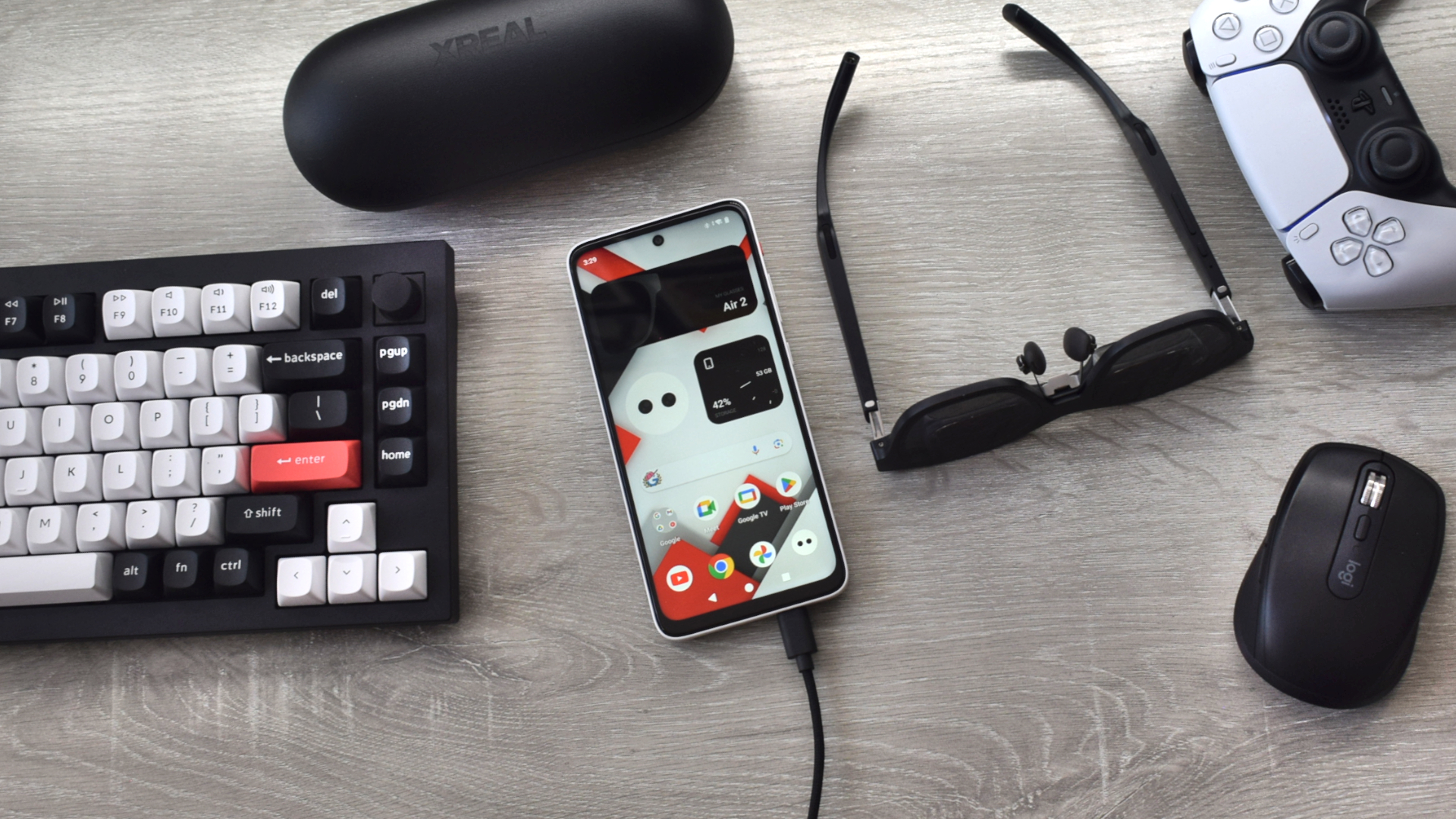
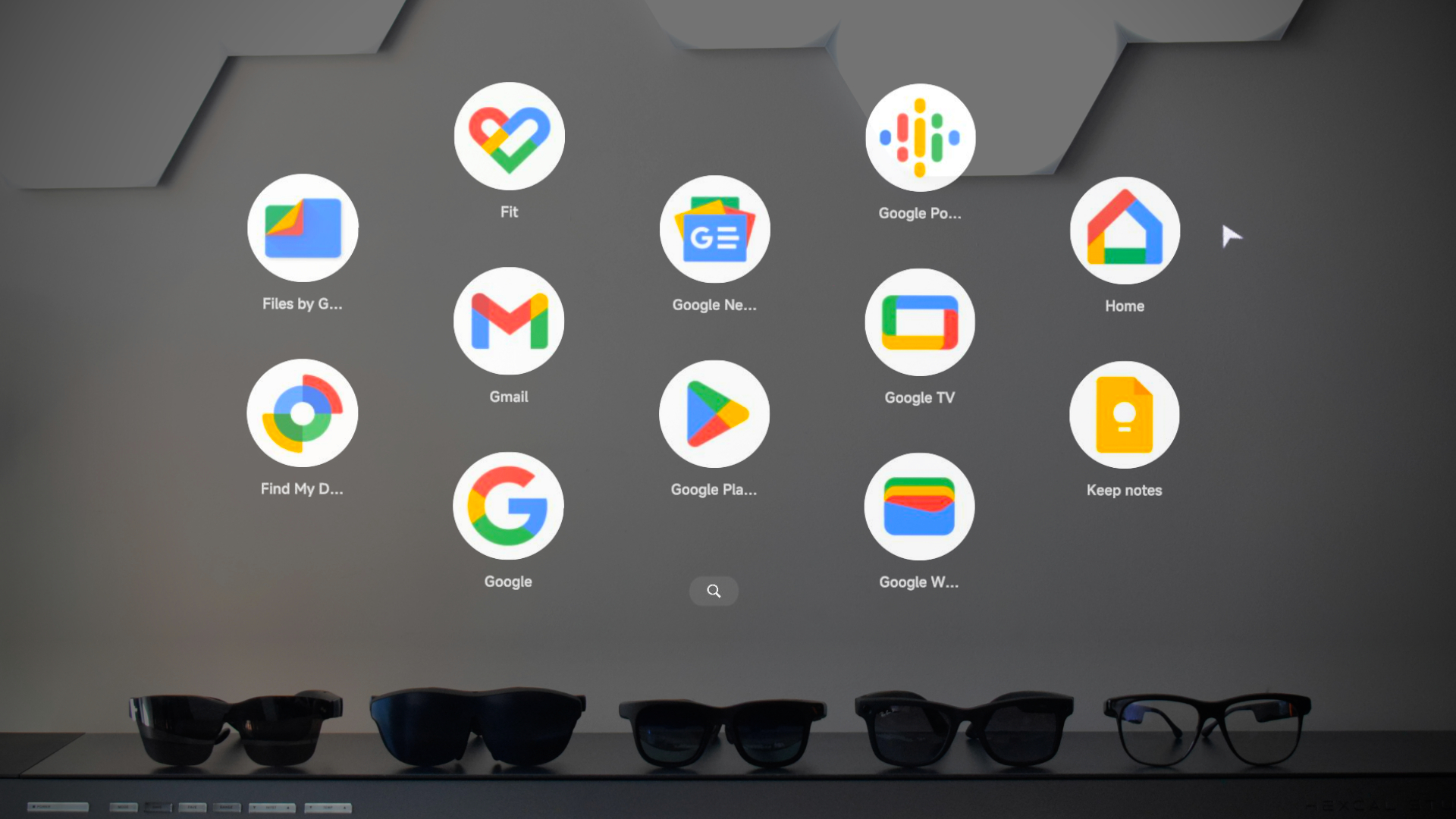
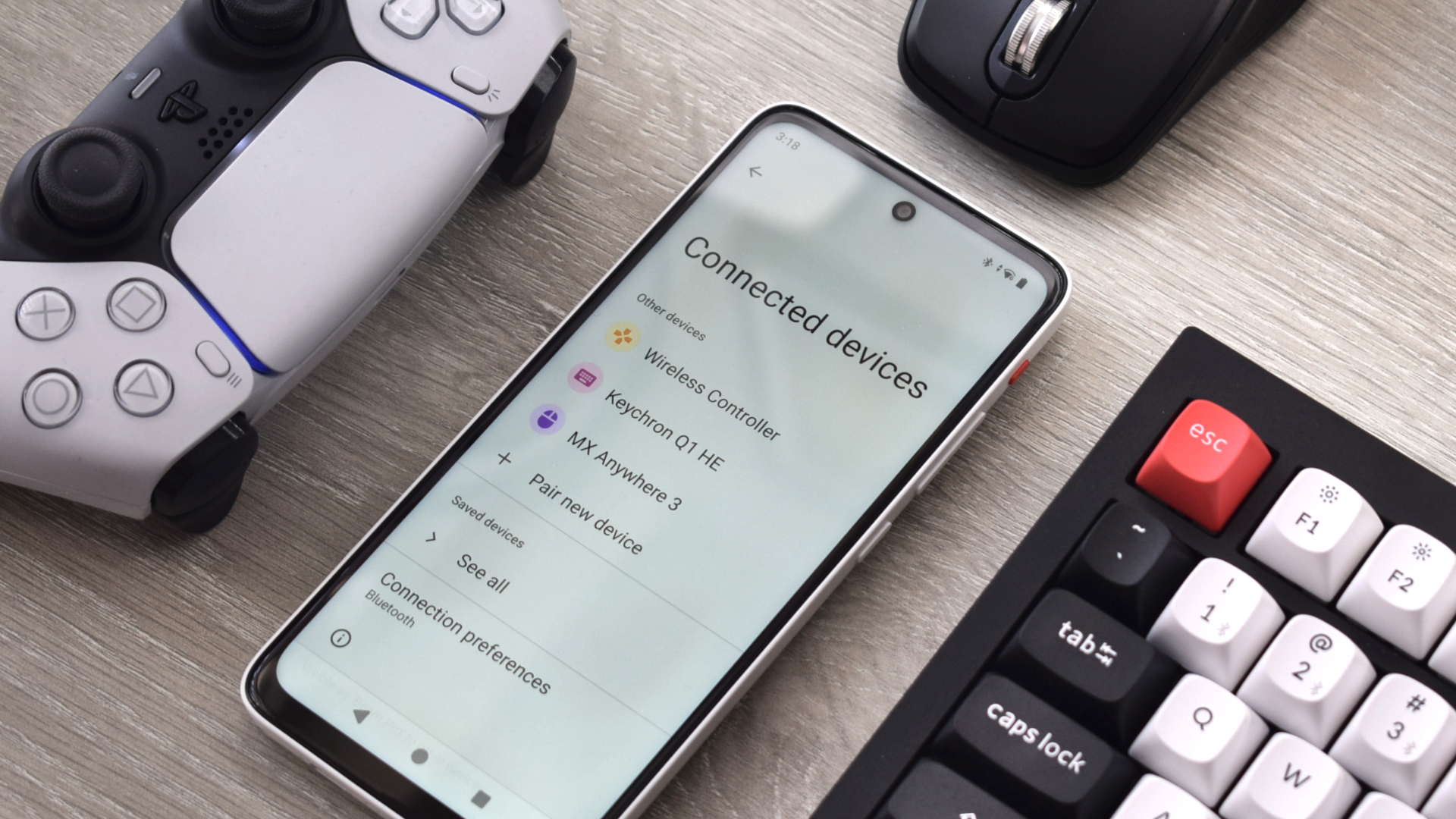
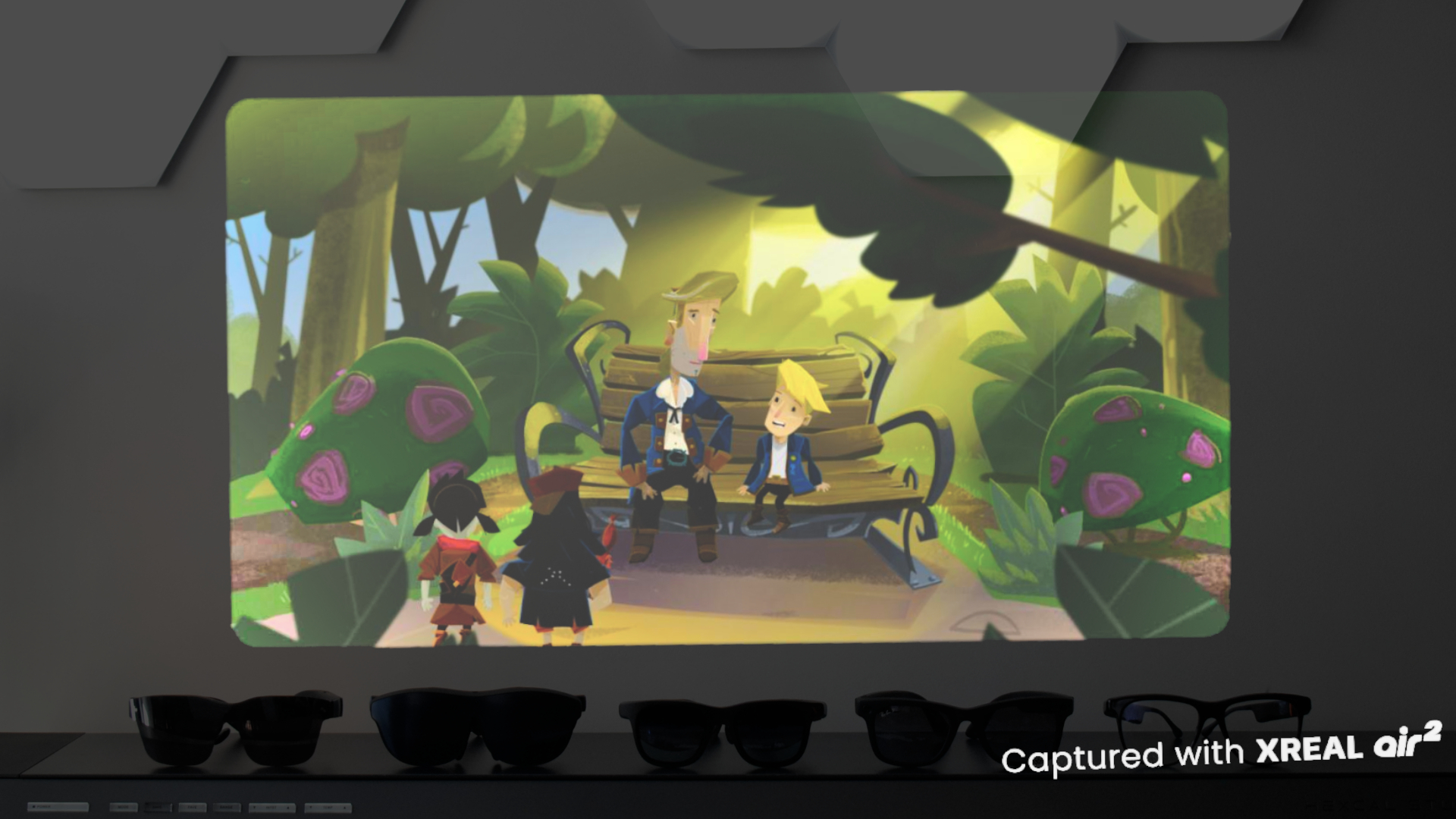
XREAL's Beam Pro is a game changer for the company's AR glasses, unlocking a full 3DoF (three degrees of freedom) spatial computing experience that you can fit in your pocket.
The Beam Pro runs on Android 14 with the company's Nebula software running on top. However, you have access to the Google Play Store in its entirety making millions of Android apps and games available to you in the Beam Pro's smooth and responsive AR space.
It's an experience that you'd need to see to fully take in, something I did for an entire week as I gave up my laptop for this XREAL spatial computer and smart glasses combo, finding it to be an incredible leap from the capabilities of the original Beam device and the formation of a genuinely impressive spatial computing experience.
What's next for XREAL?
👀X1?! WHAT IS THIS!? Oh wait, I know what it is...and it is a powerful leap forward. Wait and see³.https://t.co/IEyx26nuhaSeptember 4, 2024
A recent Reddit post by XREAL's founder, Chi Xu, suggests that a new product could be on the way, and with the recent release of the Beam Pro still freshly on our minds, it's entirely possible that this could be a new pair of AR frames.
There was roughly a year gap between the release of the XREAL Beam and the Beam Pro, and it's been nearly a year since XREAL released its latest consumer-facing smart glasses with the XREAL Air 2 Pro, with the more developer-focused XREAL Air 2 Ultra being made available in July. With that in mind, we wouldn't bet against the company continuing its ceaseless innovation and releasing a new pair of AR glasses in the very near future.
The next step in XREAL's AR glasses lineup remains to be seen, but we do know that it will likely feature a custom chipset. The company has recently teased the results of a two-year project with images of XREAL X1 branded chips.
Just what this chip will power or be capable of remains to be seen, however, given its incredibly small size, it's not beyond the realm of possibility that this chip could be positioned inside XREAL's next set of AR glasses.
VITURE
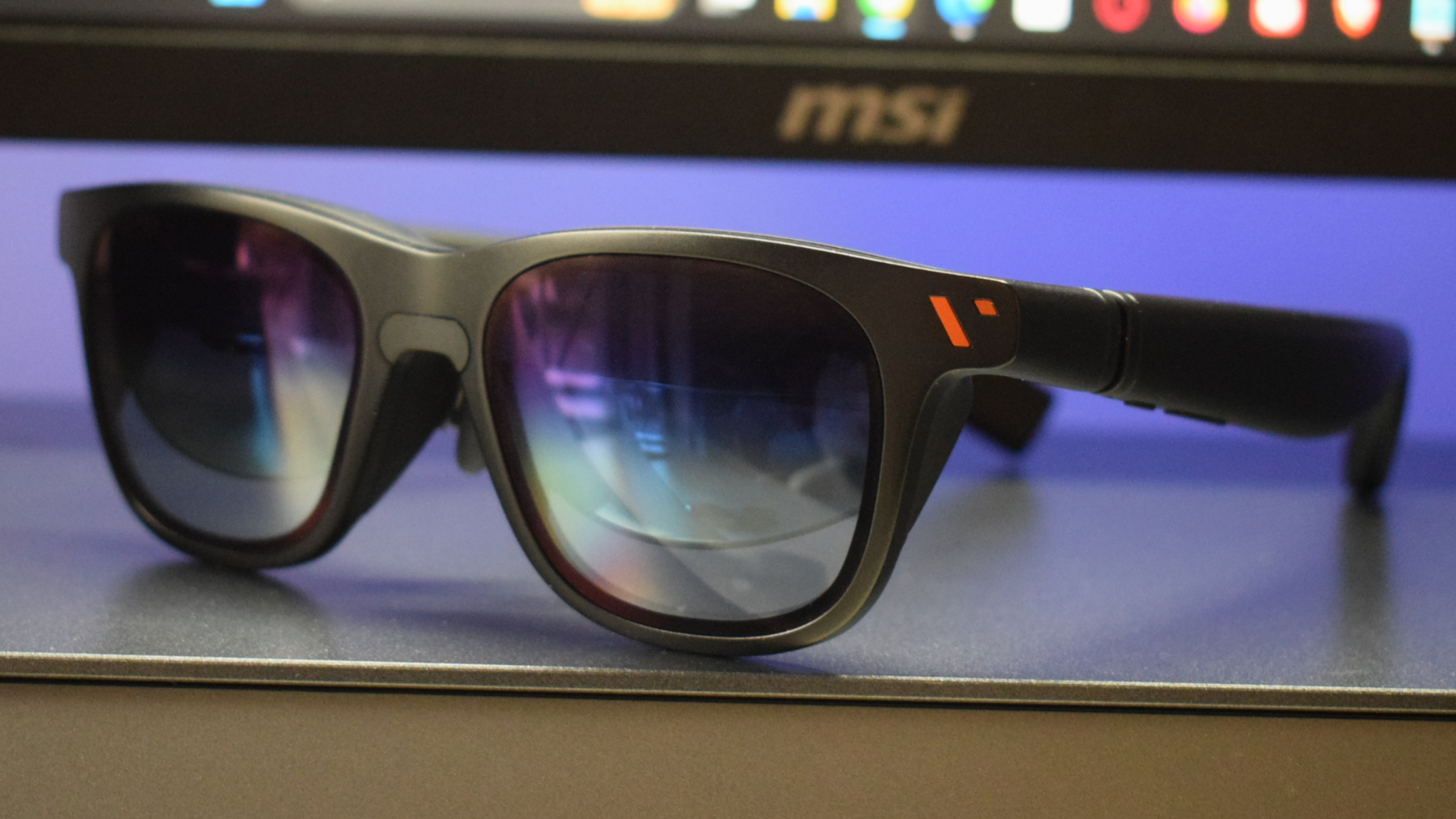
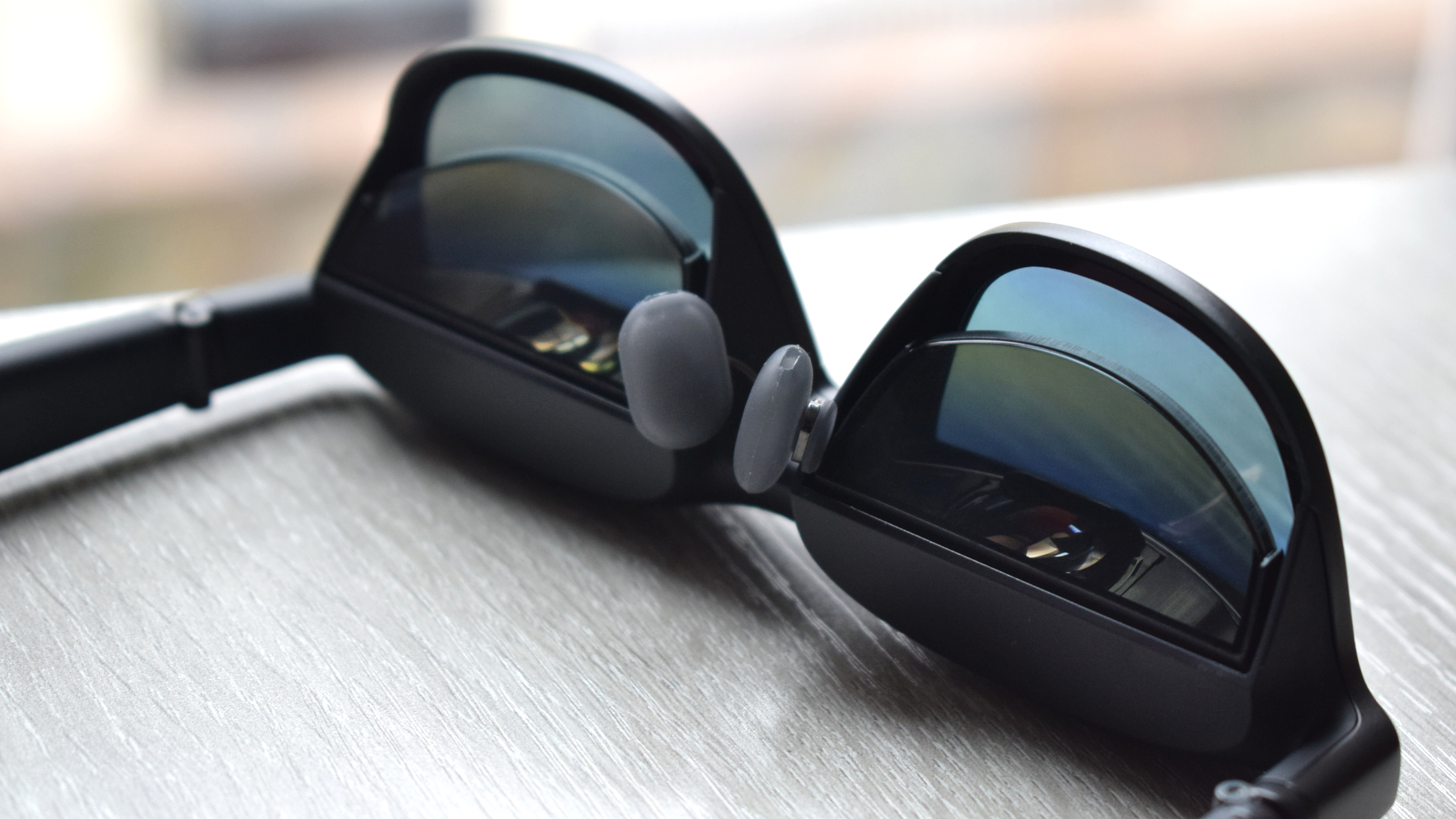
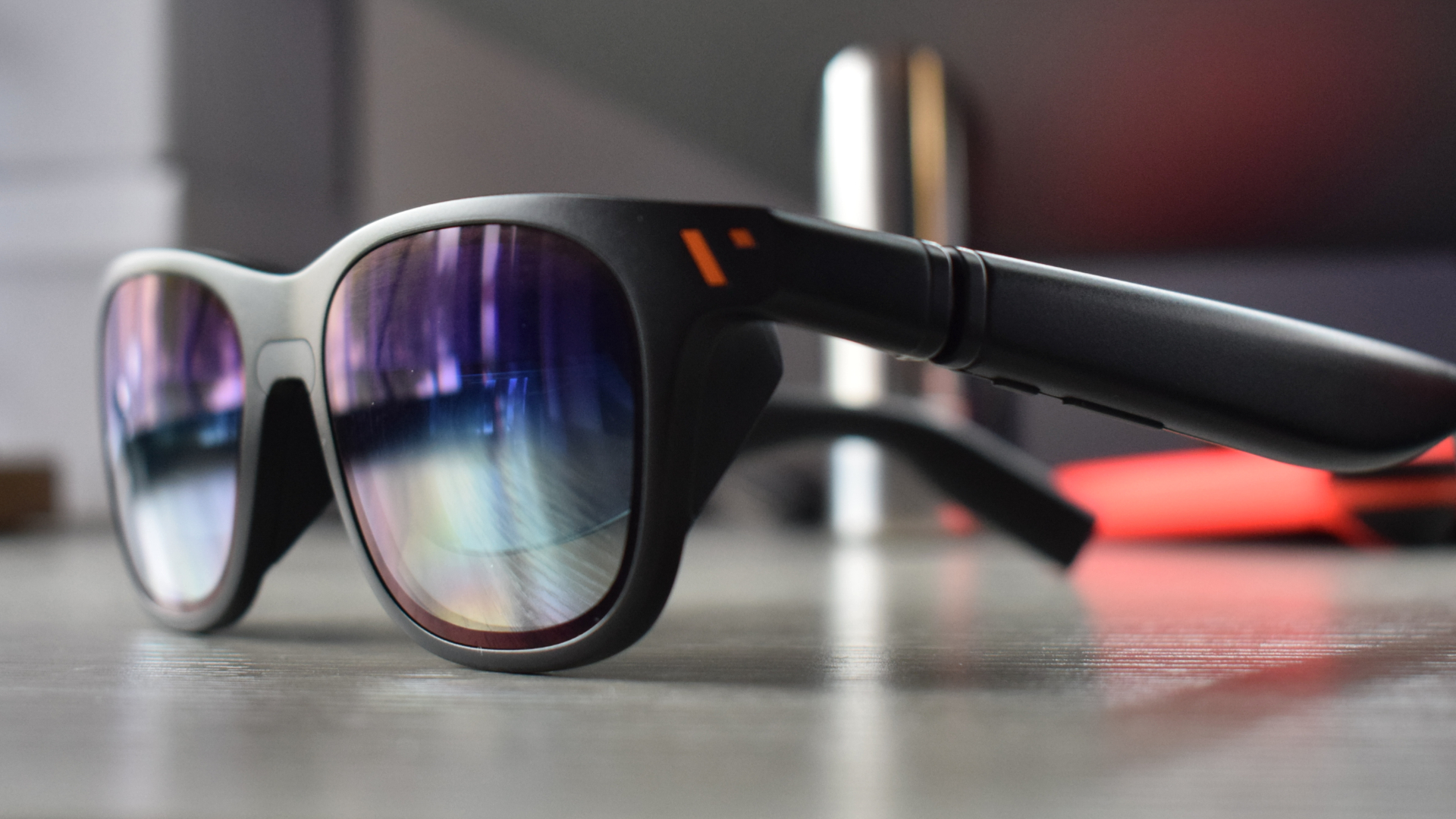
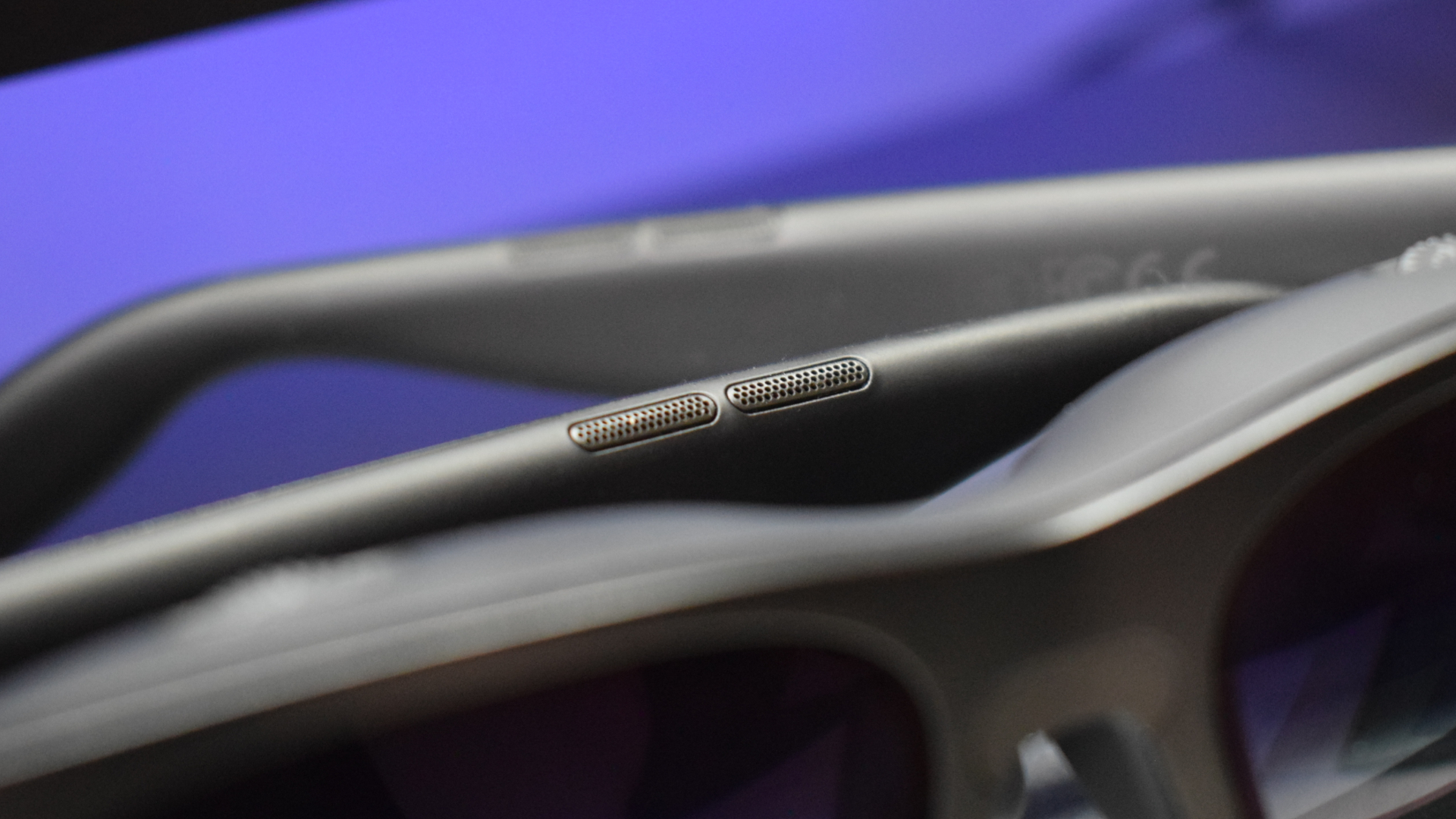
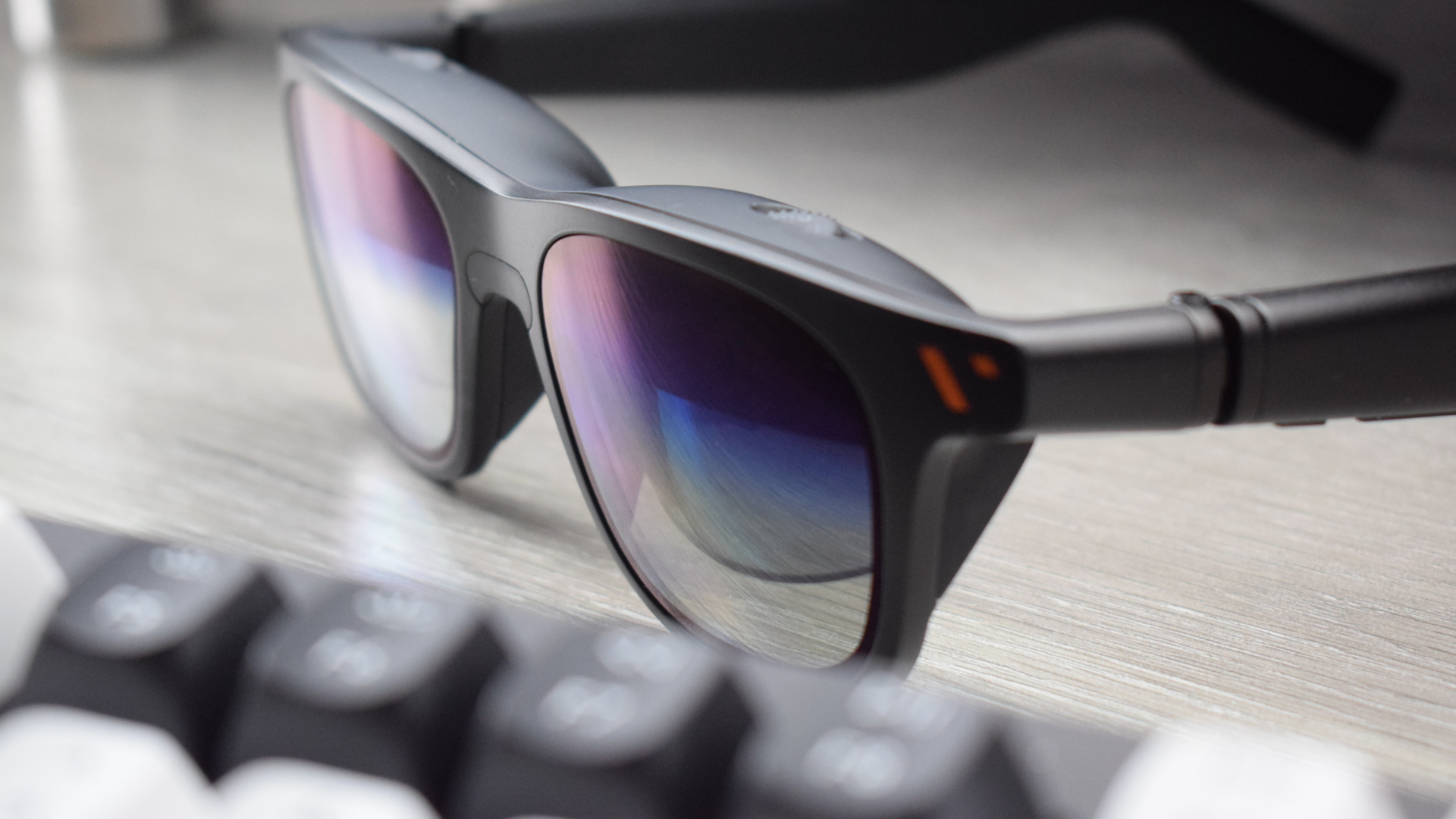
VITURE is another big player in the AR glasses space that is always pushing forward when it comes to innovation and improvements. The company's VITURE Pro XR glasses scored an impressive 4.5 stars in Laptop Mag's review of them earlier in the year, praising its sharp pictures and the performance of its multi-platform 3DoF unlocking SpaceWalker software.
It uses the same Bird Bath projection as the XREAL Air's AR glasses, which work similarly to the Pepper's Ghost illusion, bouncing the light of a micro-OLED panel into the eyes of the wearer through a triangular prism.
What makes VITURE's glasses stand out is their impressive clarity and the vividness of the image presented, along with their 3DoF potential without the need for anything but your smartphone, laptop, handheld gaming device, or tablet.
However, while you're good to go with VITURE's glasses, that hasn't stopped them from creating an excellent array of gaming-focused accessories to improve the experience further.
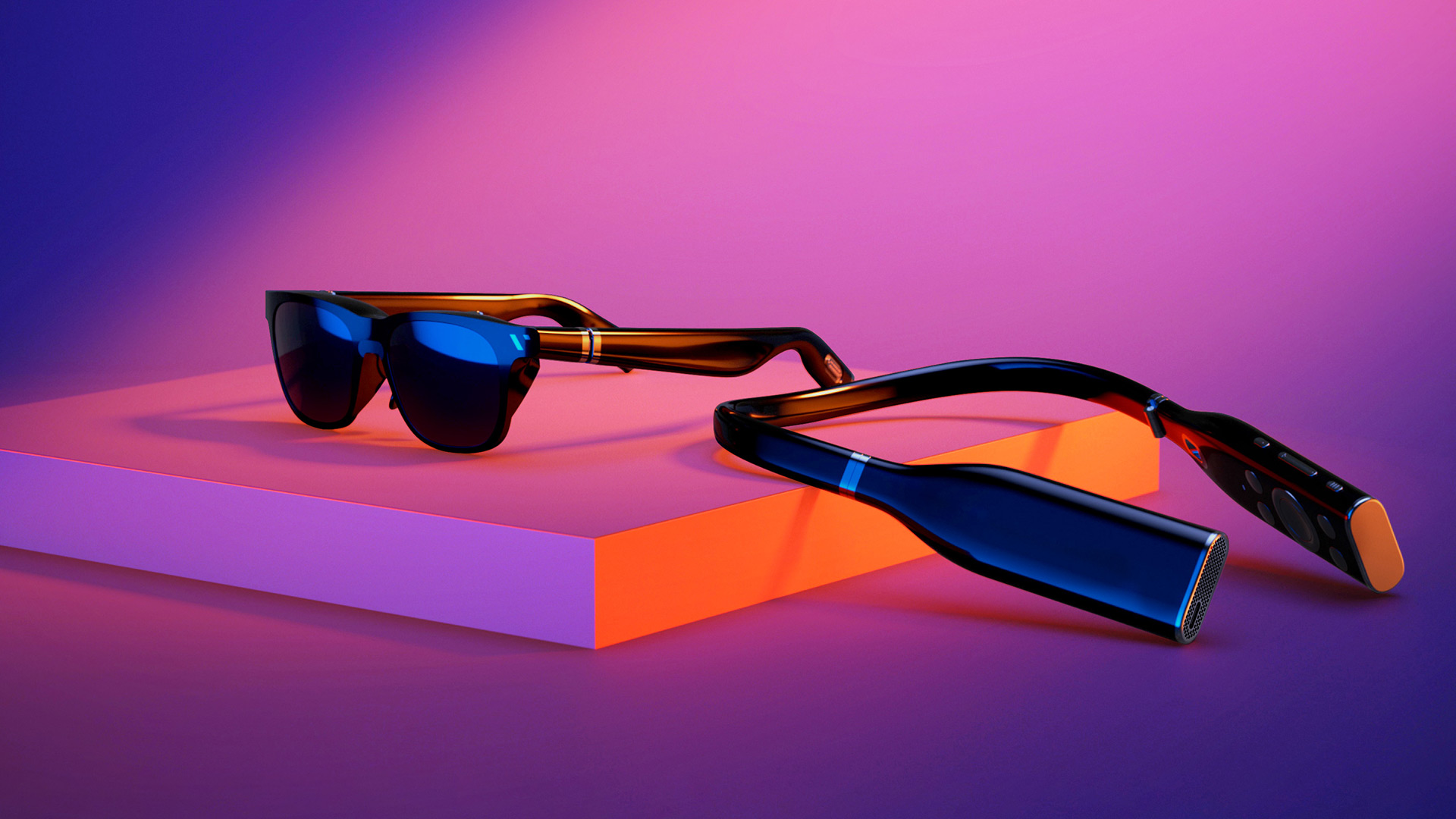
VITURE's accessories are all designed to maximize the effectiveness and impact of the company's glasses, without the need to constantly re-release frames that become bigger, heavier, and less appealing due to feature overload.
For an example of that, we'd need only look at the recently revealed Snap Spectacles 5, which wave goodbye to any semblance of style in favor of getting everything on board at once.
In discussing the Snap Spectacles 5 and how VITURE does things differently by way of accessories like its computing "puck" Neckband, co-founder Emily Wang tells Laptop Mag "Two key issues for consumers are the 226-gram weight and the 45-minute battery life.
"This is exactly why we designed the Neckband, which many users feel is a consumer-friendly solution. It offloads the extra weight to the Neckband, making the glasses easier to wear."
Using an external computing puck appears to be the way forward when it comes to maintaining visual appeal and all-day wearability with AR glasses. Even Orion offloads much of its computing to a wireless, pocketable puck, and Meta is reportedly working on a wired version too.
In VITURE's favor, the Neckband also reduces cable clutter, aids battery life, unlocks a standalone 3DoF experience, and allows for seamless interactions with modern consoles.
What's next for VITURE?
BIG Day for XR! Meta Connect is here and we're excited — but guess what’s even more thrilling?Something of our own is on the horizon: no heat, no noise, and insanely powerful! Plus, have you noticed something unique about this sleek design?We’re almost ready… are you? 😎 pic.twitter.com/KlwxmB9bVOSeptember 25, 2024
VITURE celebrated Connect 2024 in its own way, offering us a glimpse at what's to come via a mysterious teaser image of what appears to be the next version of its impressive Neckband accessory.
In fact, we can confirm just that. In highlighting the features of Snap's latest AR glasses Wang tells Laptop Mag, "On one hand, Spectacles employ a waveguide display, which, although nearly matching the FOV of the VITURE Pro’s Birdbath + MicroOLED combination, falls short in brightness, resolution, contrast, and color accuracy due to current waveguide tech limitations."
Casually revealing what's in store for VITURE users, Wang counters Snap's offering by telling Laptop Mag "On the other hand, our Pro Neckband offers much more powerful computing capabilities, a significantly longer battery life (4-5 hours), and is suited for consumer-level applications.
"For example, gesture recognition, native AI functions, remote streaming, cloud gaming, and multi-screen capabilities, and even providing stable 6DoF tracking combined with our next-gen glasses."
Not only is that an impressive reveal of what's to come from VITURE's new Pro Neckband, but it's also an impressive claim that the company's future next-gen smart glasses will work in tandem with the Pro Neckband to deliver full 6DoF tracking — the kind usually reserved for full mixed reality headsets.
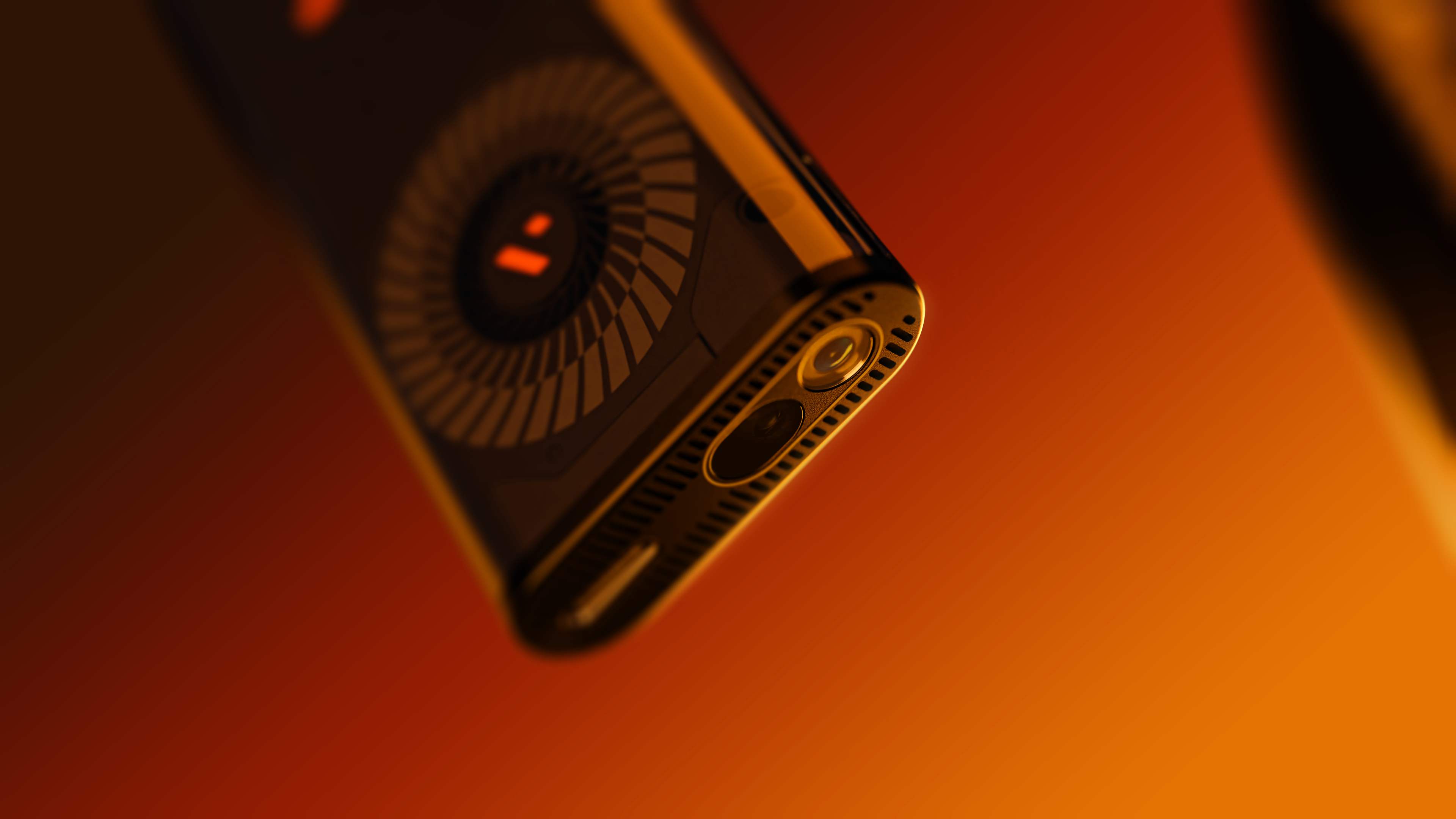
Outlook
Taking a look at both VITURE and XREAL's upcoming projects is exciting, and it's a reminder that we needn't busy ourselves too much with what's on the far and distant horizon when there's so much to appreciate in the present day, and just over nearby hills.
It's an exciting time for the smart glasses market, and AR glasses in particular are in something of a boom period as popularity and advancements seem to grow hand-in-hand.
Check out the XREAL website and VITURE homepage for more information about these companies and their offerings, or check out our reviews of the XREAL Air 2 and VITURE Pro XR glasses for my in-depth thoughts about each of these excellent frames.
Stay tuned to Laptop Mag for more information surrounding upcoming AR glasses news and reviews.
More from Laptop Mag

Rael Hornby, potentially influenced by far too many LucasArts titles at an early age, once thought he’d grow up to be a mighty pirate. However, after several interventions with close friends and family members, you’re now much more likely to see his name attached to the bylines of tech articles. While not maintaining a double life as an aspiring writer by day and indie game dev by night, you’ll find him sat in a corner somewhere muttering to himself about microtransactions or hunting down promising indie games on Twitter.
